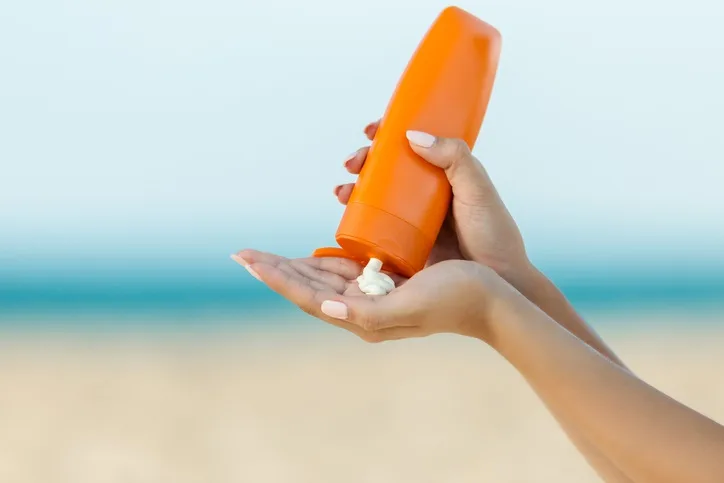
Looking for sunscreen that works? Don't go on Pinterest
Most recipes shown on Pinterest don't come close to offering enough protection.
Given fears over skin cancer, it's perfectly natural for sunseekers to want to protect themselves, and for some to seek 'natural' sunscreen remedies over mass-produced products.
But one study in the U.S. shows that merely going along with DIY recipes found on popular social media sites like Pinterest are more likely to leave you with nowhere near enough protection. The Pinterest-only study sampled what's out there, and of the 189 pins they gathered, researchers found 68.2 per cent -- more than two thirds -- included ingredients that would provide inadequate protection from the sun's UV rays, such as beeswax, coconut oil, shea butter and myrrh and carrot seed essential oils (according to IFLScience).
"Homemade sunscreen products are risky because they are not regulated or tested for efficacy like commercial sunscreens. When you make it yourself, you don't know if it's safe or effective," Dr. Lara McKenzie, co-author and principal investigator of the study said in a release.

(Getty Images)
Read more: How much SPF do you really need?
The study was carried out by researchers at the Center for Injury Research and Policy at Nationwide Children's Hospital and the Brooks College of Health at the University of North Florida, and published in the journal Health Communication. It was based on results produced using the search terms "homemade sunscreen" and "natural sunscreen," and sampled every fifth pin to produce the 189 that were the focus of the study.
Though the pins provided dubious information, they were widely spread. The average number of saves for a pin was 808, and one was saved more than 21,000 times. The Pinterest platform has an estimated 175 million users.
"The internet is a great place for families to go to for recipe inspiration and arts and crafts projects, but not necessarily for making their own safety-related things," McKenzie says.










